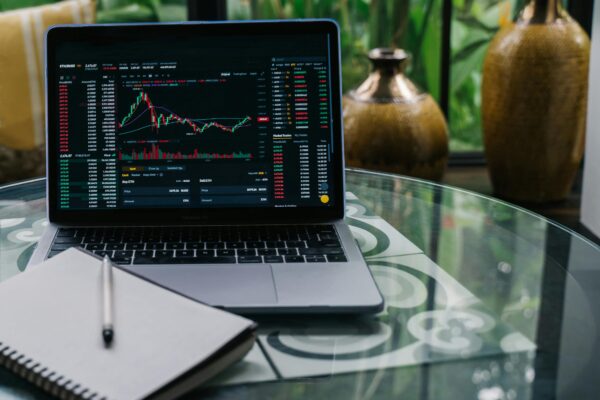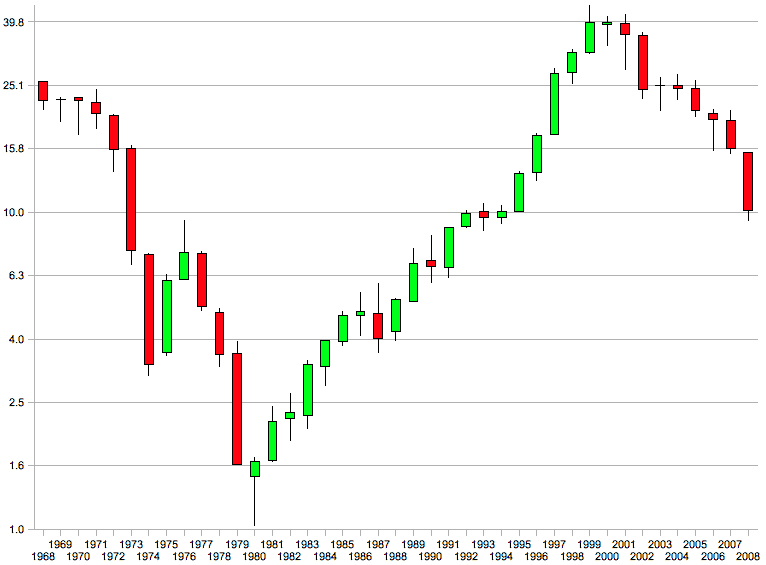
Is the S&P 500 Halal? A Guide for Muslim Investors
26 August 2025 7 min read


Ibrahim Khan
Co-founder
7 min read
Last updated on:
*Update: Read our guide on how to screen for sharia-compliant shares.*
*Update 2: by popular request, we’ve developed a complete guided masterclass on screening for halal shares. If you’re put off investing because you’re worried about sharia-compliance, this is the class for you. Click here for full details.*
So you have a few quid sloshing around in your bank account (Islamic of course) for the foreseeable future and you’re thinking of investing it somewhere that offers a better return than your standard Islamic Bank ISA.
But when you start looking the whole thing is a minefield. For a start its hard to pick through where you should be investing, what assets, for how long, with the cheapest brokers, and at what risk, and on top of all these usual concerns you also want your investment to be halal.
So let’s do a quick run-through of the two most common easy-to-access places you can invest money in and the Shariah rulings regarding them: Shares & Forex.
Before we dive in, here’s a quick video we did on why investing is generally a good idea:
Shares
Shares are okay per se to invest in as they are simply seen as owning a percentage in a business. The obvious thing to watch out for is that the company should not be dealing in unislamic things. So you couldn’t go along and buy shares in Lloyds TSB or Heineken for example (you can read our guide on how to screen for sharia-compliant companies here).
But you all knew that right?
The real question is what do you do when a company deals in some unislamic things and some unislamic things? Two things:
The second big issue is how much cash/debt does the company have?
There are Islamic stock indices that screen companies for this sort of thing so that you don’t have to do the digging on this – but these screens are typically quite expensive and designed for the institutional Islamic investor. However for the private investor all is not lost. It is quite easy on most online share trading websites to get a snapshot of the company, how much debt they are in, what is their market capitalisation, and even their accounts. Read our guide on how to screen for sharia-compliant shares.
It really just comes down to being a bit sensible and using your common sense. Investing in a heavily leveraged company that sells beverages including alcoholic ones is probably unislamic, while investing in a pharmaceutical company which makes the majority of its money from drug sales is okay.
Contrarian opinions on shares
There are a number of people who have adopted different opinions on share trading and regard it as unislamic. However these are either weak opinions or do not understand the investment context (part of a wider problem of scholars not being well-grounded in finance when it comes to Islamic Financial rulings).
Some people say “Share prices are speculative and so investing in shares is gambling”. They say this because a “share” is not priced at the exact value of a company. Let’s say a company owns £500 worth of machinery and £1000 worth of land – the share price of that company should presumably be £1500, but its not. This, these people argue, means that shares are a form of gambling. However they fail to understand that a company’s worth is not just achieved by adding up its constituent parts, but in fact goodwill, brand name, and a whole host of other things come into it too. So it is fine for a company to be worth more than its constituent parts.
Other people say “shares are not actually “ownership” in a company and are merely a bundle of rights to things like voting at AGMs, having a right to dividends. and getting updates from the company on certain matters. It doesn’t entail ownership of the company. Therefore, shares are buying and selling a bunch of rights and is haram.”
Firstly, this argument is wrong because ultimately what these rights are giving to the shareholder are exactly those rights that define an owner – ultimate control on key decisions and a right to profits. Secondly, they are also likely wrong on the point about selling rights. But more on that in a later blog.
VERDICT: GENERALLY FINE, JUST DO YOUR RESEARCH ON A COMPANY PROPERLY
Two introductory books I highly recommend on learning how to invest are: Intelligent Investor: The Definitive Book on Value Investing – A Book of Practical Counsel![]() and The Long and the Short of it: A Guide to Finance and Investment for Normally Intelligent People Who Aren’t in the Industry
and The Long and the Short of it: A Guide to Finance and Investment for Normally Intelligent People Who Aren’t in the Industry![]() .
.
Forex Trading
Forex trading is very easily accessible online and the allure of quick money is there with their slick advertising promising you millions. Again, from the outset it also looks halal as you are apparently just trading in money – which is perfectly fine.
However all is not what meets the eye.
It is true that if you buy £5000 for $3000 and then a year later you sell it for $4000 as the pound appreciates against the dollar, this is perfectly halal transaction and there is nothing wrong with that.
However Forex trading is not that. It is not that for a number of reasons:
Firstly, in order for someone to make money on currency markets which move daily just fractions of pennies in price, you have to be investing huge amounts – we’re talking hundreds of thousands per trade – for it to have a discernible profit.
So let’s say the GBP strengthens against the USD a cent for every £, if you invested £1000 you would make $10. Not very much is it? Now if you invested £100,000 in the same trade, you would make $1000. Much more substantial.
So these forex companies give you access to “leverage” which means that for putting up every £1 they will let you invest £50 or even £100. That means that with a very small amount of money you can take very large positions in the forex market. This magnifies both your profits and losses.
Again, nothing wrong with this per se. In Islam you can borrow from someone, and then use that money to invest, make a profit, and return that loan interest free to the creditor.
But there is something very subtle which makes this haram in the context of forex. In forex these companies are lending you this money for the sole purpose of you then using that money to enter a trade with them for which they will get a commission. In other words they are getting a set return from every loan they make. This is understood by scholars to be a form of interest, and so the whole transaction is haram.
N.B. Some companies erroneously advertise a “shariah-compliant” forex account where the user will neither get nor have to give interest on their money in their accounts in a “carry trade”. Of course Islamically this is good and would be part of a Shariah-compliant currency trading account, but it does not deal with the fundamental problem of the way the transaction works which I noted above. So don’t be duped by these accounts. To my knowledge there are no currently available “Islamic” forex accounts for ordinary investors available.
(One possible way of structuring a Forex trading platform to make it shariah compliant would be to divorce the source of the loan and the platform on which you trade. So if you loaned money from x and then used broker y to enter into the forex transaction, with no link between x and y. But this would require some legal/Shariah wizardry – your thoughts on this welcomes though!)
VERDICT: NOT SHARIAH COMPLIANT AS IT IS.
In part two of this blog I will cover other popular ways of investing money such as Spread Betting, Bonds, ETFs, Pension Funds, Options, Futures, and Forwards. So watch out for that in the coming weeks.
Please remember to subscribe to our email list (box on the top right), and follow us on Facebook and Twitter.

26 August 2025 7 min read

24 July 2025 15 min read

16 July 2025 5 min read
Leave a Reply